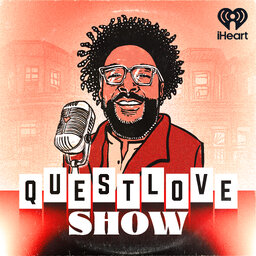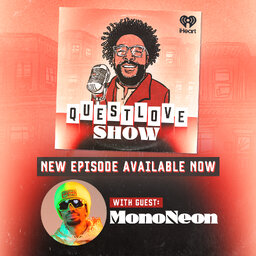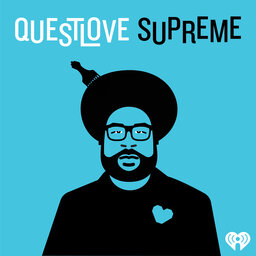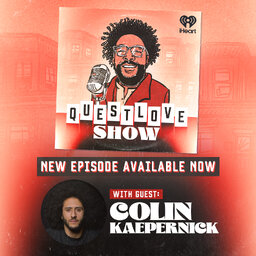QLS Classic: Gilles Peterson
Pioneering DJ and record label owner Gilles Peterson talks about the politics of early pirate radio, how he broke artists like Jamiroquai, Brand New Heavies and even The Roots, and his passion for helping the right music find the right audience.
Learn more about your ad-choices at https://www.iheartpodcastnetwork.com
 The Questlove Show
The Questlove Show


